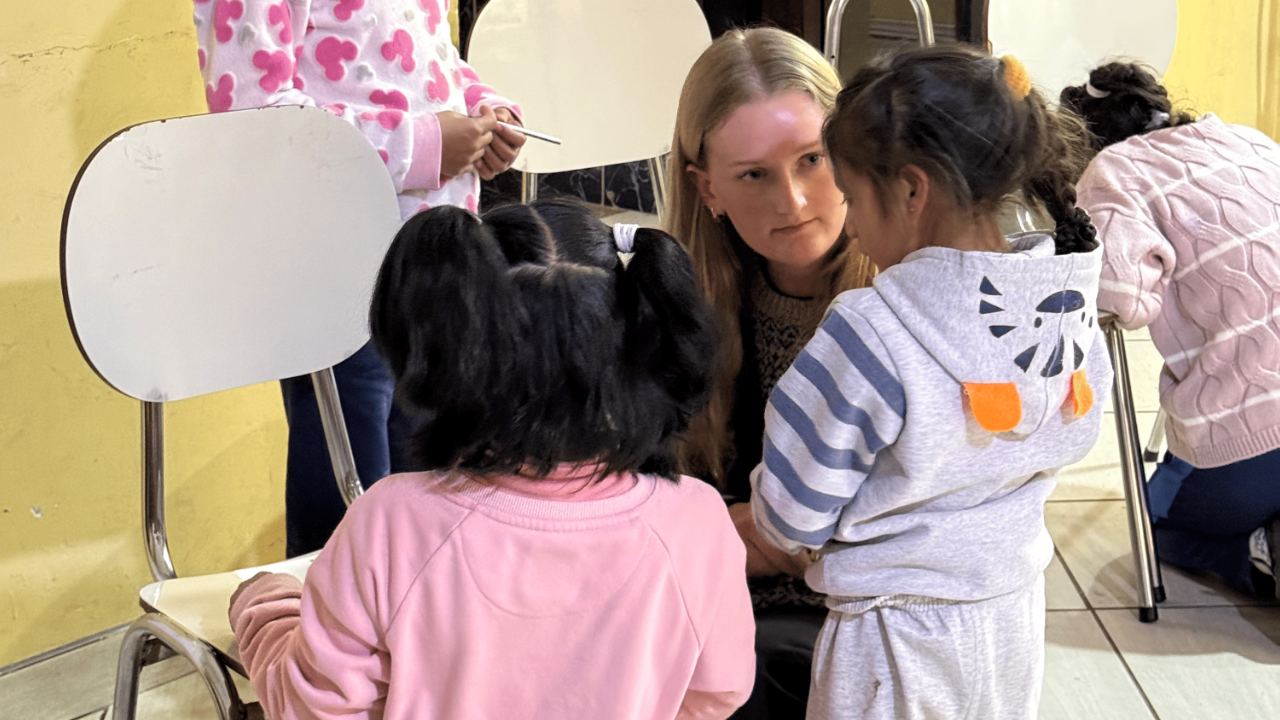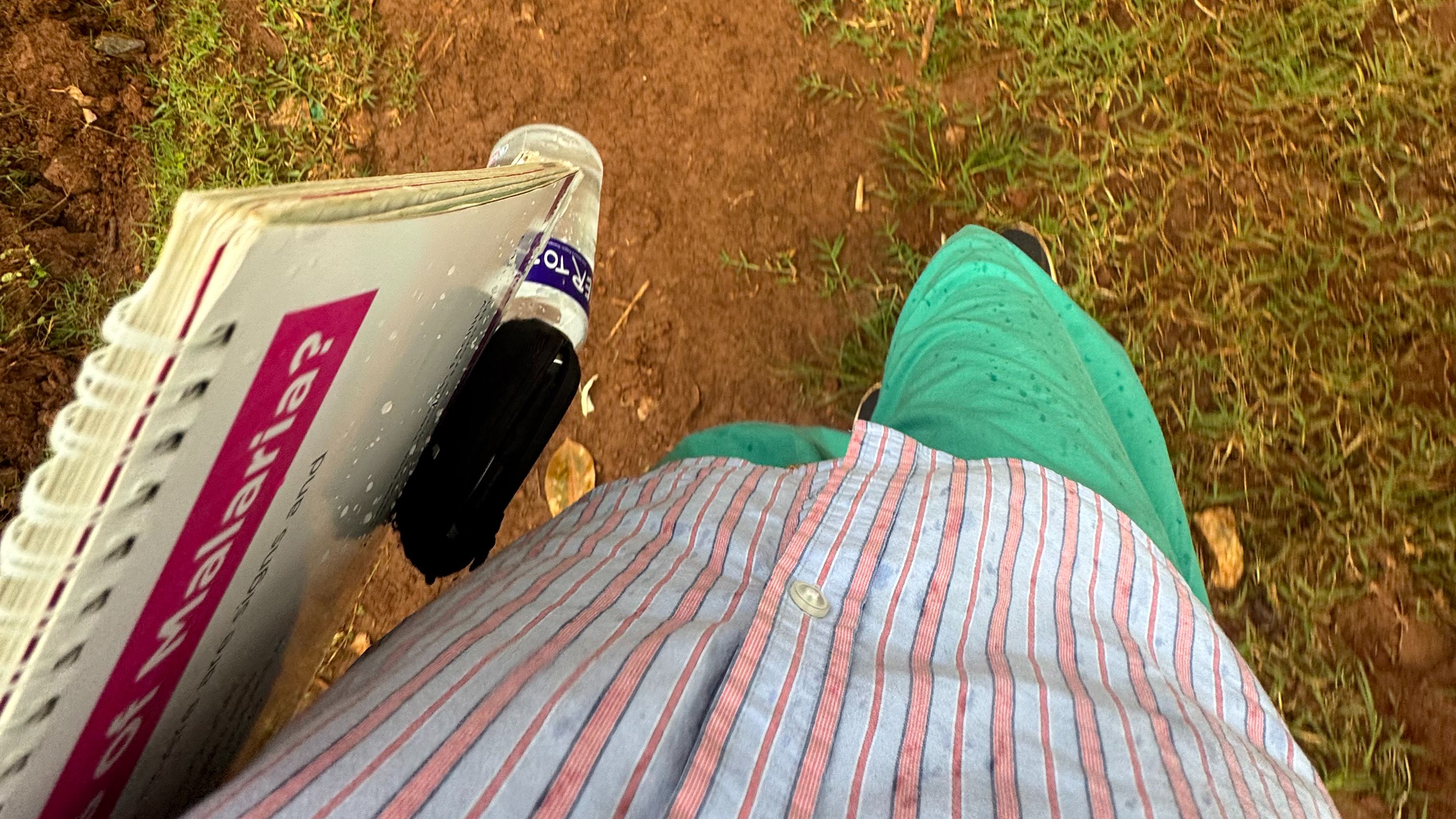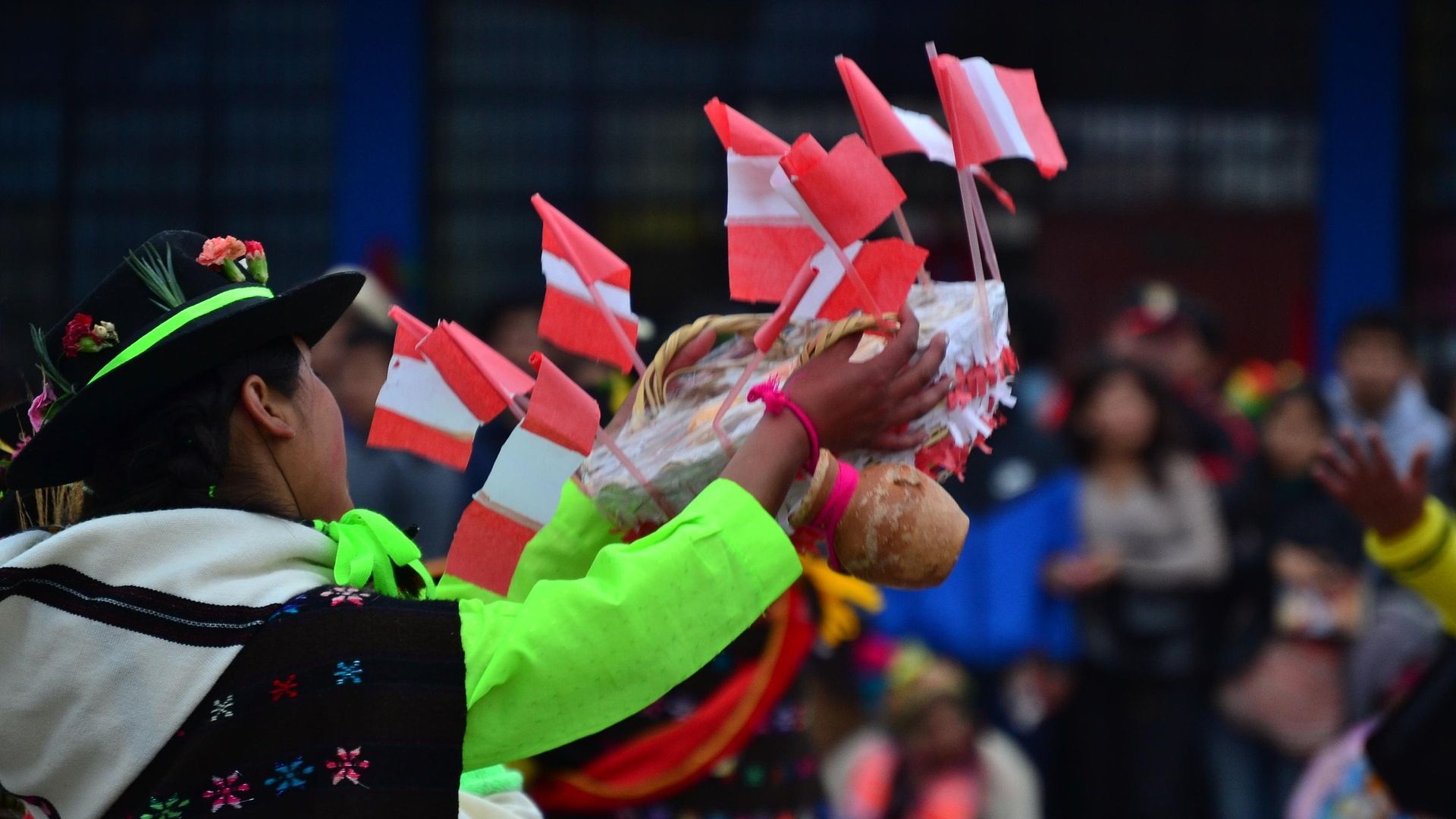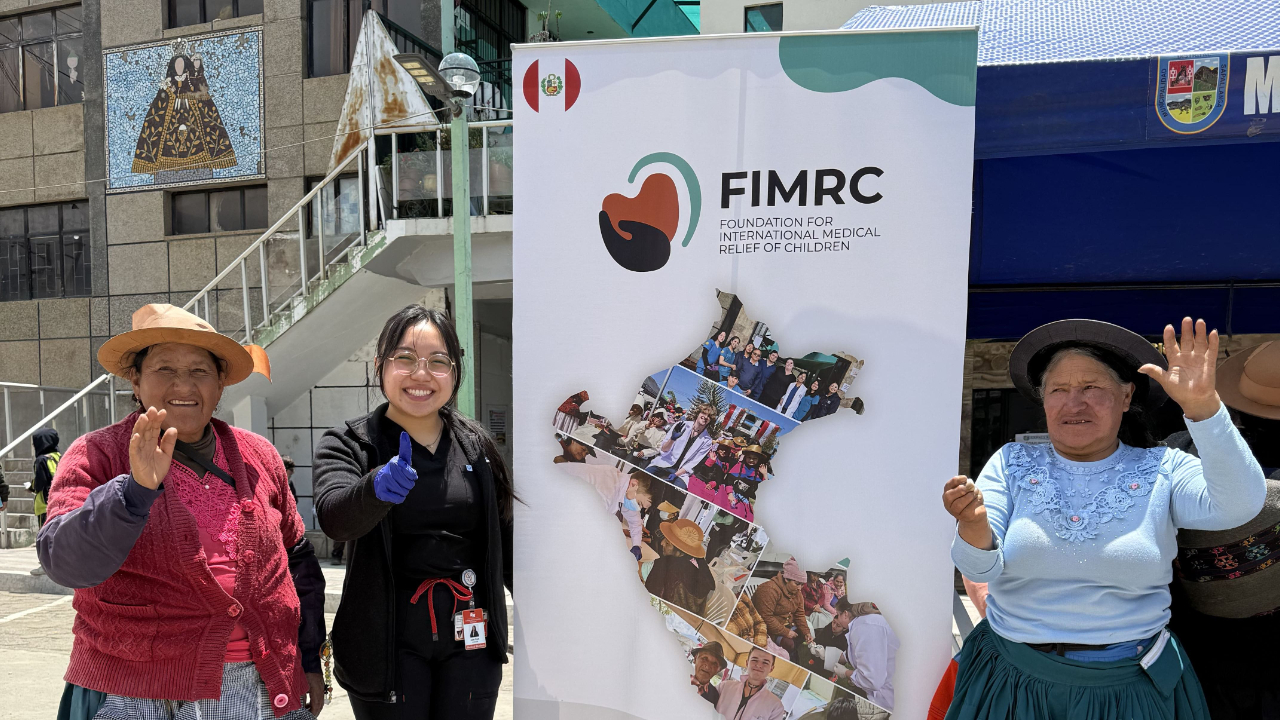Project Bududa
Uganda
Uganda is a landlocked country located in eastern Africa that shares its borders with five other countries. More than 30% of Ugandans live below the poverty line, and the country faces inadequate sanitation, ongoing challenges with malaria and other neglected tropical diseases, and a lack of access to adequate maternal and child health services. Adding into this mix the harsh reality of being a top 10 country for HIV prevalence rates, a complex health situation exists. Providing access to healthcare facilities, trained medical staff and medical supplies remains a major struggle for the country.
Where
Project Bududa sits at the base of Mount Elgon, a massive extinct volcano that straddles the Uganda-Kenya border, approximately 260km east of Kampala. Bududa District is a remote and isolated district often labeled the "forgotten district" of Uganda.
Why
Due to lack of infrastructure, education and healthcare access, Bududa District residents struggle with a severe burden of disease. Women and children bear the brunt of the impact.
How
FIMRC started out as a one-room clinic on the grounds of a grade school in Bududa District, originally providing healthcare services to students there who were constantly becoming sick. Years later, FIMRC now operates a full-fledged Level 3 health center that provides services to the entire Bududa community.
Our Work
FIMRC's health center services include comprehensive outpatient services, a 24/7 maternity ward, HIV counseling and testing, laboratory services, an ambulance and an outreach team. We continue to expand and evolve our programs based on our clinical data, feedback from our outreach workers, and input from our local community-based advisory committee. With the support of our volunteers, we dedicate our resources to three main areas of focus: clinical activities, health education and special initiatives. Below are a few examples of our work.
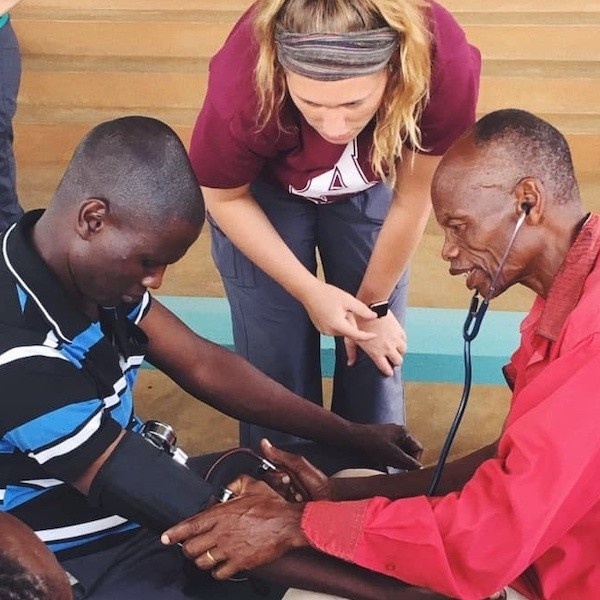
Access
- Primary Care
- Maternal and Child Health Services
- Lab Testing
- HIV Testing and Counseling
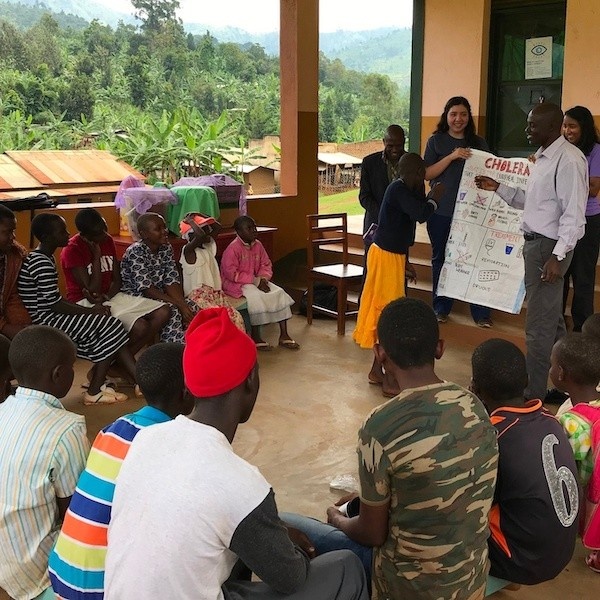
Education
- Community Health Education Program
- Waiting Room Patient Education Program
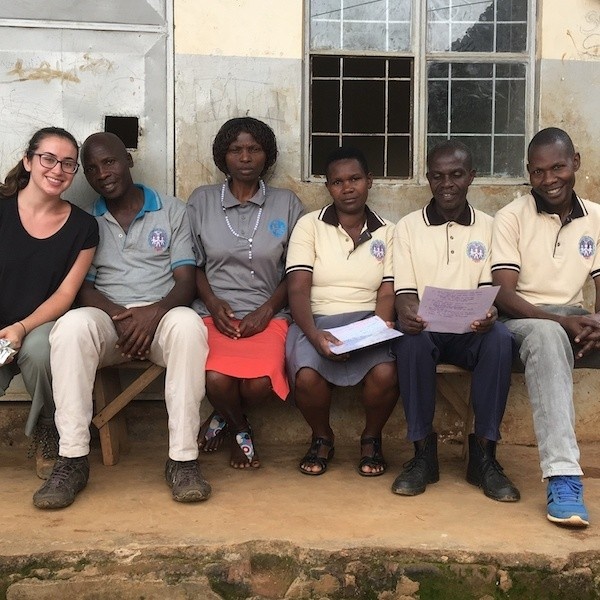
Participation
- Orphans and Vulnerable Children Program
- Savings and Microfinance Groups (for pregnant women, people living with HIV, and other community groups).
- Support Groups
- Special Community Health Events (vaccination drives, mobile clinics, and awareness days).
Volunteer
Project Bududa provides ample opportunity for volunteers to immerse themselves in a number of projects on-site.
All volunteers have the opportunity to participate in both the clinical and health education aspects of operations on-site, and activities can range from assisting in the clinic departments, to treating bed nets to prevent malaria, to providing refresher courses for our Community Health Educators.
Over the course of your trip you'll receive an unfiltered experience in community-based health care fieldwork abroad. To maximize your contribution, we will tailor your volunteer trip based on current community needs as well as your interests, training and amount of time that you spend with us on-site at Project Bududa.
Curious about the logistics of volunteering? Click below for more information on flights, activities, accommodations, transportation, trip cost, and more!
"I had an amazing experience as a volunteer! I loved helping at the clinic with vitals or sitting in on consults. I also got to go on many community outreaches."
- Elizabeth P.

